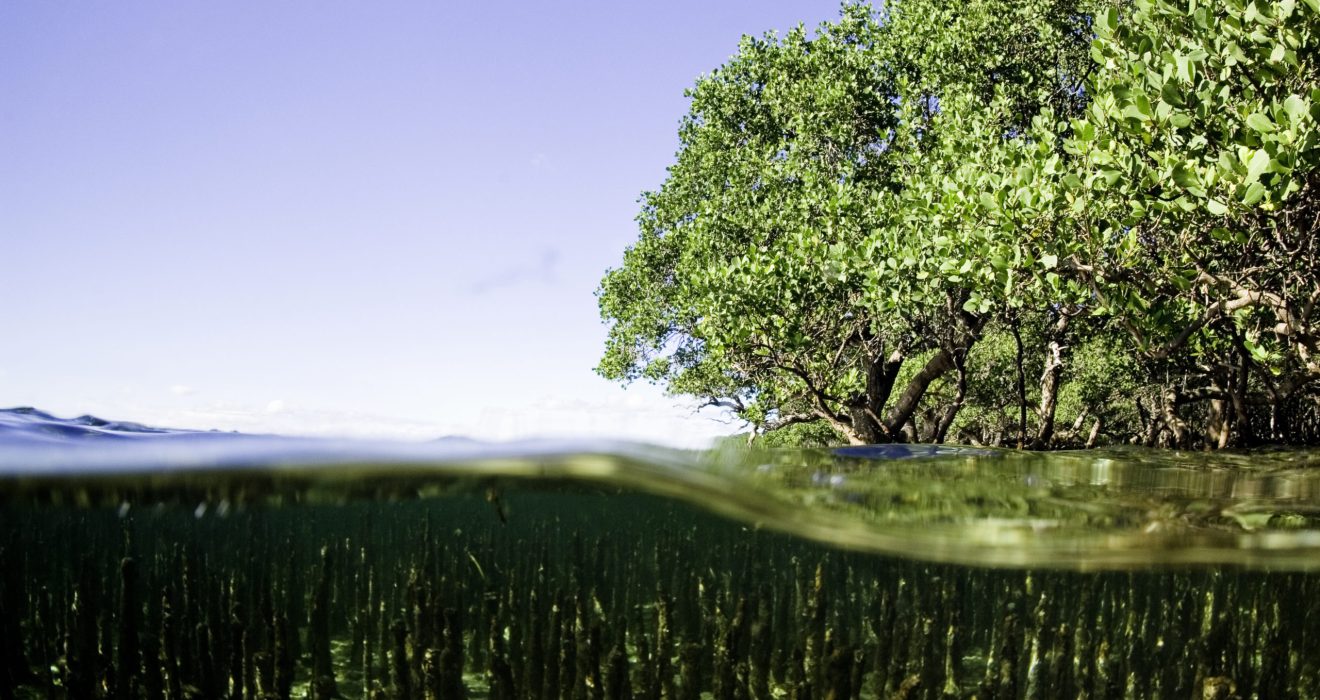In an era defined by the escalating climate crisis, coastal ecosystems face unprecedented threats, necessitating bold and collaborative initiatives for their protection. The joint endeavor between the Green Climate Fund (GCF) and the United Nations Environment Programme (UNEP) marks a crucial milestone in this global effort, aiming to fortify mangrove ecosystems, often referred to as the “guardians of the shore.” With a strategic focus on the vulnerable regions of Dominica and Mozambique, this alliance recognizes the urgency of addressing climate-induced vulnerabilities faced by coastal communities.
Coastal regions are on the frontline of climate change impacts, grappling with the intensified frequency and severity of tropical storms. In this context, mangroves emerge as unsung heroes, offering not only crucial habitat for marine life but also serving as a natural buffer against rising sea levels and extreme weather events. The collaborative initiative not only underscores the significance of mangroves in climate resilience but also signifies a shared commitment to mitigating the multifaceted challenges posed by climate change.
As nations grapple with the intricacies of climate adaptation and sustainable development, the GCF-UNEP partnership assumes a pivotal role in translating commitment into action. This introduction sets the stage for an in-depth exploration of the collaborative projects in Dominica and Mozambique, underscoring their significance in the broader context of global environmental conservation and climate resilience efforts.
GCF and UNEP Join Forces for Mangrove Protection
In a significant move to safeguard coastal ecosystems, the Green Climate Fund (GCF) and the United Nations Environment Programme (UNEP) have unveiled plans to bolster global mangrove protection. This collaborative effort focuses on implementing two crucial mangrove conservation and coastal management projects in the vulnerable regions of Dominica and Mozambique.
Coastal Vulnerability and the Role of Mangroves
Dominica and Mozambique’s coastal communities face heightened vulnerability to climate change, especially the impact of intense tropical storms. Mangroves, often underestimated, emerge as pivotal elements of ‘green infrastructure’ and integrated ecosystem-based approaches to coastal protection. Beyond their role as havens for marine life, mangroves prove to be powerful allies in enhancing the climate resilience of these at-risk coastal communities.
Collaborative Support for National Mangrove Protection Projects
In collaboration with Dominica and Mozambique, GCF and UNEP are committed to supporting the development of national mangrove protection projects in both countries. The financial backing includes USD 1.3 million from GCF’s Project Preparation Facility, supplemented by matching funding of USD 541,000 from UNEP and its partners. These funds will be utilized for two projects, namely, “Developing Climate Resilient Integrated Coastal Management in Dominica” and “Building Resilience of Coastal Communities through Ecosystem-based Adaptation Approaches in Mozambique.” If approved by the GCF Board, these projects could receive over USD 60 million in GCF financing.
Objectives of the Mangrove Protection Projects
The primary focus of the projects in Dominica and Mozambique is to enhance the resilience of local communities and ecosystems situated in their coastal zones. Addressing the multifaceted challenges posed by climate change, these initiatives are essential for supporting local livelihoods and protecting communities from saline intrusion, floods, and sea-level rise. The projects serve as vital components in both nations’ comprehensive strategies to combat climate change and fortify their communities.
Financial Commitment and Funding Sources
With a total financial commitment exceeding USD 1.8 million, these projects underscore the dedication of GCF and UNEP to mobilize resources for critical climate-related initiatives. The collaboration not only highlights the financial investment but also emphasizes the potential for over USD 60 million in GCF financing, reflecting the magnitude of these projects in mitigating climate challenges faced by Dominica and Mozambique.
Global Collaboration and Mangrove Restoration Goals
The announcement of GCF project preparation support took place during the COP28 Presidency’s event, “A Breakthrough Moment for Mangroves: Delivering Global Action on Mangrove Restoration and Protection.” This event served as a nexus for major partnerships and initiatives supporting the Mangrove Breakthrough, a global initiative with the ambitious target to restore and protect 15 million hectares of mangroves and cease mangrove destruction by 2030. The collaborative effort underscores the global context and urgency of mangrove conservation.
Acknowledgment and Commitment Statements from Key Figures
Hong Paterson, GCF Chief Financial Officer and Chief Operating Officer, expressed the GCF’s recognition of the significance of mangrove conservation and restoration. Paterson highlighted the crosscutting impacts witnessed from previous GCF investments in mangroves, leading to the protection of local ecosystems and communities. Mirey Atallah, UNEP’s Head of Nature For Climate Branch, conveyed a sense of honor in supporting Mozambique and Dominica, emphasizing the importance of every degree, hectare, and penny in building resilient ecosystems and communities. These statements reflect the commitment and responsibility embraced by GCF, UNEP, and their partners.
Conclusion
In conclusion, the collaboration between GCF and UNEP in protecting mangroves and coastal ecosystems in Dominica and Mozambique stands as a testament to the guardianship of these vital natural resources. The initiatives not only address immediate climate threats but align with global goals for mangrove restoration. As guardians of the shore, this partnership signifies a shared commitment to the well-being of coastal communities and the preservation of essential ecosystems.

